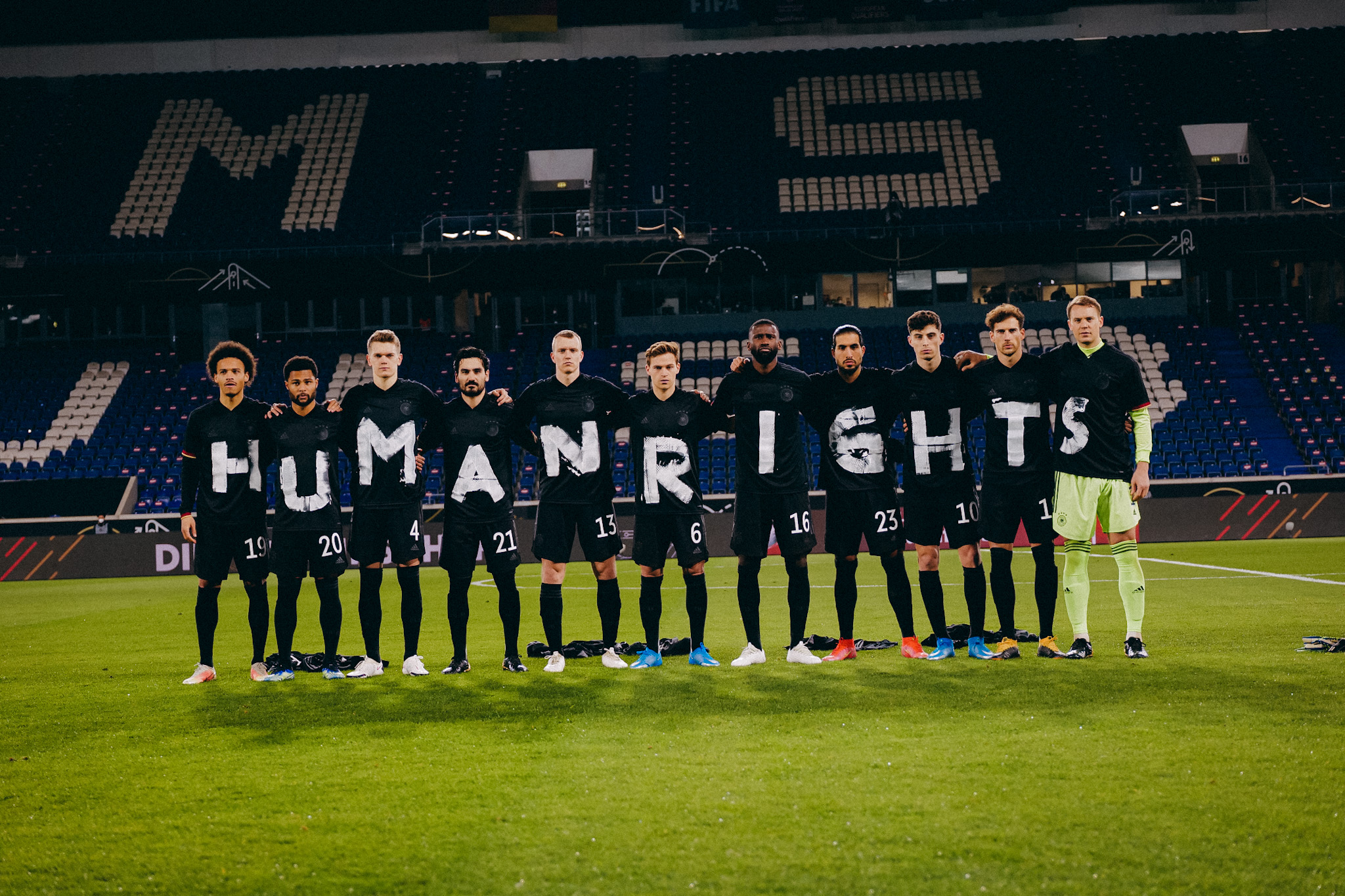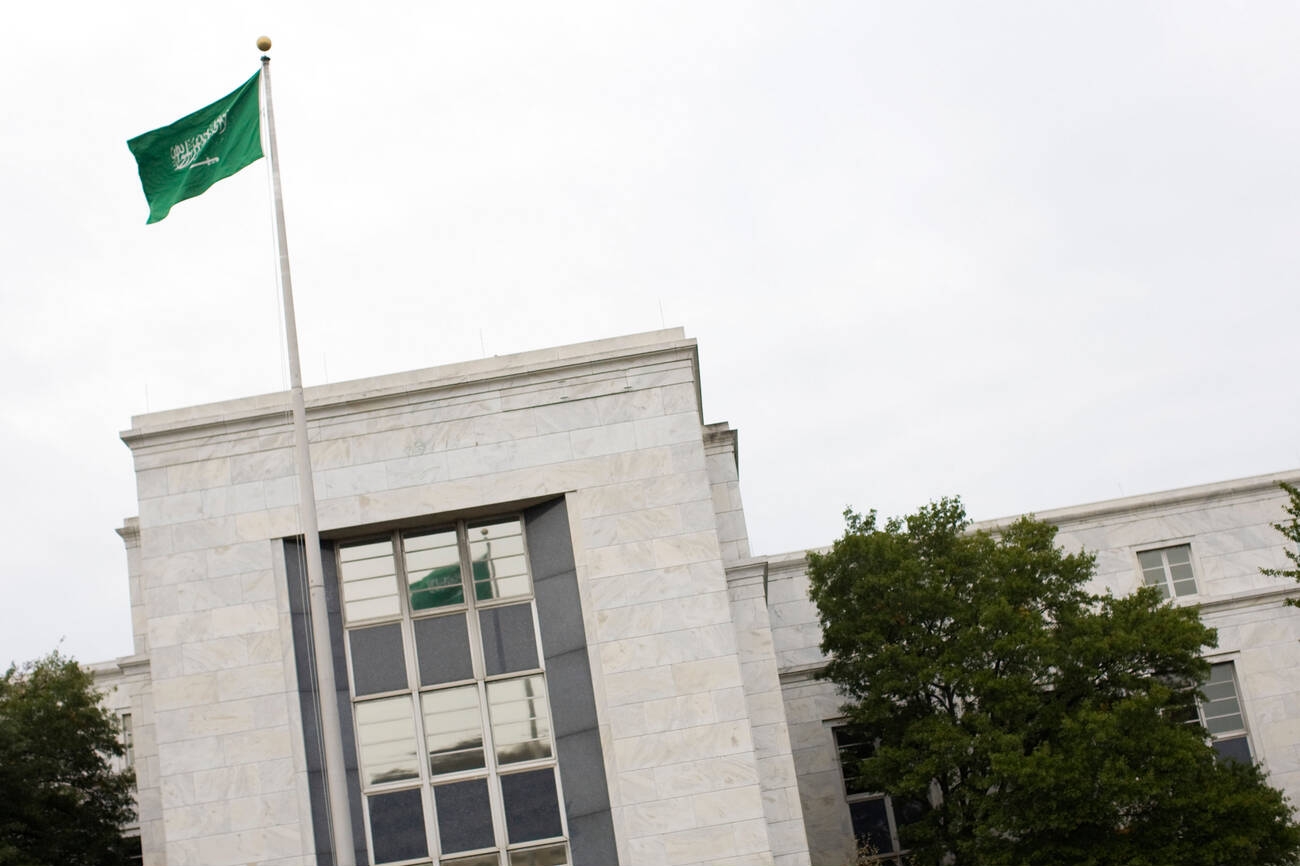The 2022 FIFA World Cup in the Southwest Asian country of Qatar have over the past weeks made the headlines for all the wrong reasons.
The Arab kingdom stands accused of subjecting thousands of construction workers to extreme conditions in order to finish work on the stadiums designed solely for the purpose hosting 32 football matches.
The issue has received extended coverage over the past weeks, specially after the qualifiers kicked into high gear and allowed teams to make their own statements on the issue.
The Netherlands, Germany and Norway are three European teams that have so far chosen televised games to express their concerns, even though making political statements in this fashion is outlawed in FIFA’s rulebook.
On Saturday, ahead of their match against Latvia, the Netherlands national team stepped onto the pitch wearing T-shirts that proclaimed “Football Supports Change.”
The move came after German players wore T-shirts that spelled out “human rights” before taking on Iceland on Thursday.
On Wednesday, the Norway team made its stance known by sporting shirts that had the message “Human rights on and off the pitch” written on them.
Netherlands boss Frank de Boer said it remains a question whether teams should travel to Qatar once they win the ticket.
“A lot of attention is now focused on whether we should go there if we qualify.
“It is right to ask that question … Everyone knows that what is happening there is not good. Human Rights Watch and Amnesty International have said that if we go there, we can better promote the cause.”
The Guardian revealed in February that more than 6,500 migrant workers from India, Pakistan, Nepal, Bangladesh and Sri Lanka have died in Qatar in the last decade.
The report stated that the total death toll is said to be even higher.
Qatar’s legislative body stirred more worries last month as it took action to strip migrants of rights they were only recently given such as the right to change jobs during their contract and the number of times they can change jobs.
The proposed changes also make it harder for the foreign workers to leave the country by requiring them to obtain exit permits.




















